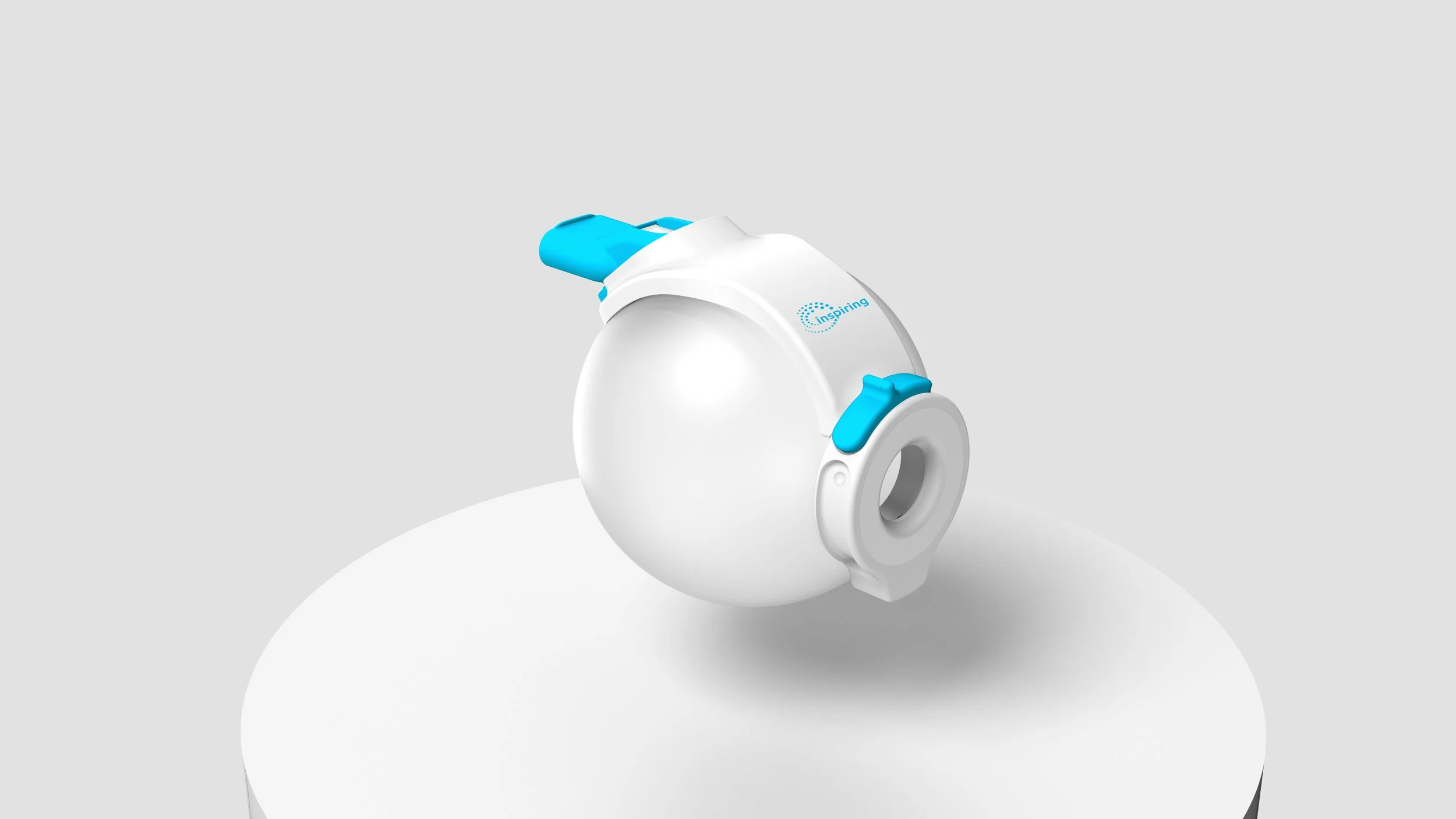Inspiring Holdings Pty Ltd was founded in 2019 to address the critical need for inhalation devices that improve drug delivery to users regardless of the severity of their disease
More than 600 million people worldwide suffer from asthma, chronic obstructive pulmonary disease (COPD), cystic fibrosis and other lung conditions. Inhaled drugs are the cornerstone for treating lung conditions, yet the existing inhalation devices are extremely inefficient, delivering around 20% of drug to the mouth. This is worsened for those who need it most, children, elderly, those with severe lung disease and those suffering acute episodes like asthma attacks who can receive little to no drug to the lungs. Additionally, they are not user-friendly and can lose over 50% of their drug to the outside environment.
Paediatric respiratory clinician Professor Barry Clements, who has over 40 years of clinical practice experience, knew there had to be a better way to treat his patients. He would see the devastating effects of children presenting to the emergency department having asthma attacks and not being able to get enough drug into their lungs to relieve symptoms, terrifying for both the patient and loved ones looking on. As a result, Professor Clements founded Inspiring Holdings to revolutionise the delivery of inhaled therapies.
Inspiring is developing the USS, which can be used with inhalation drug delivery devices, including nebulisers, MDIs and dry powder inhalers. The USS aims to overcome current challenges, by increasing drug delivery efficiency for all users, regardless of the severity of their disease and breathing patterns. It also aims to improve ease of use by reducing need for coordination and is first of its kind to provide visual functional feedback that the dose has been delivered. Our hope is that the USS will result in more drug being delivered for all users, and improvements in the treatment of their conditions.
The USS capabilities makes it a distinct possibility for use with inhaled vaccines, biologics and gene therapies, where delivery efficiency is important to ensure these therapies are clinically and commercially viable.

